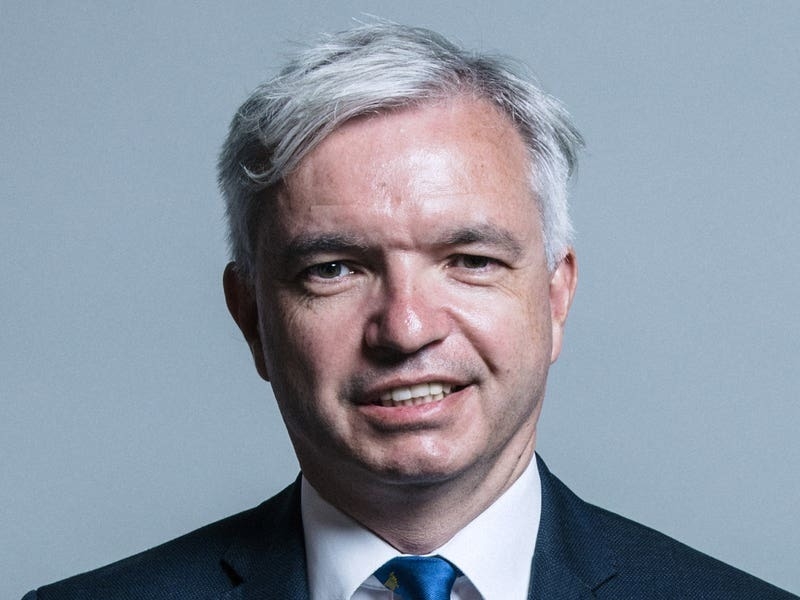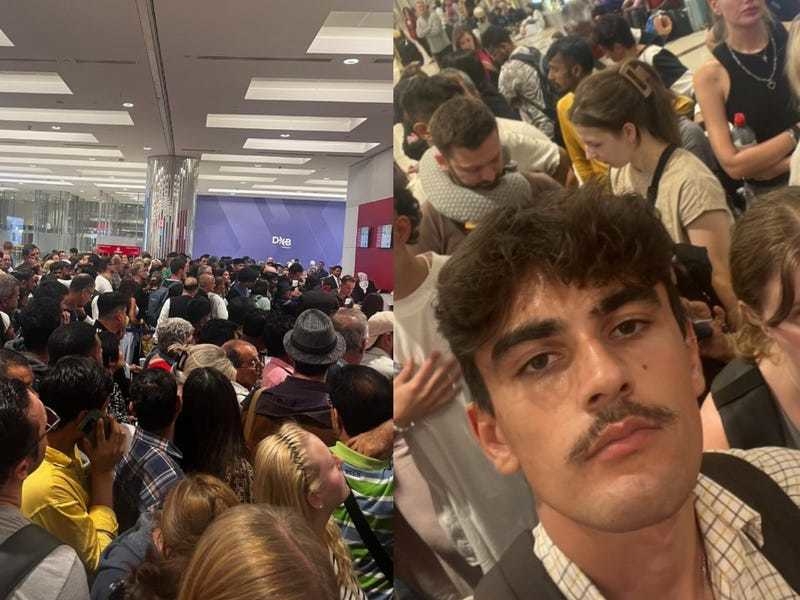- Jersey’s super-rich immigrants boosted Jersey during the recession by building large houses, says architect
- Carlo Riva claims that Jersey’s wealthy residents have also improved quality of homes in the Island
- Meet Tony Taylor, a multimillionaire who has settled into Island life
SUPER-RICH immigrants were instrumental in cushioning the impact of the recession for local businesses, according to a former president of the Association of Jersey Architects.
Architect Carlo Riva also believes that the Island is seeing a rise in the number of high-quality homes being built in Jersey because of the increasing numbers of wealthy newcomers in recent years.
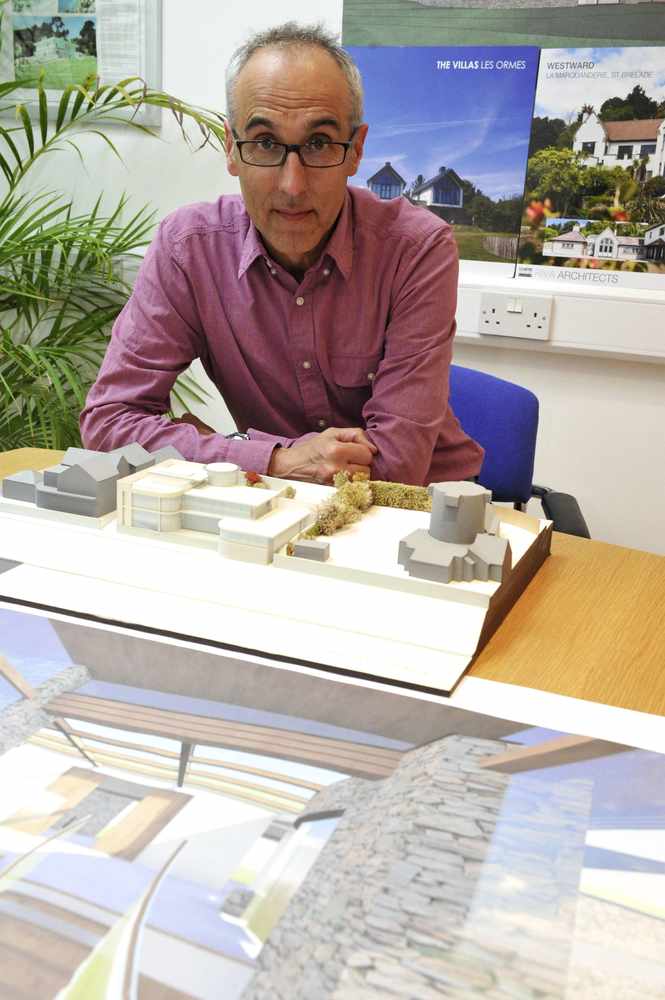
The JEP has also learned that Jersey Hospice Care has plans to reach out directly to rich Islanders to help fund the organisation’s work.
Speaking about the wider economic impact of wealthy immigrants, Mr Riva said that high-value residents had ‘contributed significantly’ to the construction industry and that they had ‘cushioned’ what could have been extreme conditions during the recession.
He added: ‘A lot of these new coastal buildings are state-of-the-art units. Many would easily grace the pages of any glossy architectural magazine you might pick up.
‘The challenge that local architects have is giving a local relevance to these landmark properties to ensure they do bed themselves in a little better and more comfortably within the area. That can be a challenge because sometimes high value residents come in to the Island with preconceived ideas.
‘The important thing is that the Planning Department handles these applications with an even handed approach, which they have been doing. It’s inevitable, however, that these high-value residents favour greenzone areas or coastal national park locations.
‘A Jersey vernacular is starting to be established where traditional materials are respected, but interpreted in a modern, contemporary manner, which is a great challenge for us as designers.’
Describing Jersey Hospice’s shift to develop relationships with high-value residents, chief executive Derek Hoddinott said: ‘At the moment we have relatively little involvement with high net worth individuals.
‘While there are a number of people who support Jersey Hospice through corporate sponsorship and on their own, we haven’t had a proactive approach to high-value residents.
‘Having said that, that is changing. One of the things we’re looking at is an alternative approach about how we raise money for Jersey Hospice.’
JERSEY had always been a holiday getaway for Tony Taylor and his wife, Sandra, before the couple, from Surrey, settled in the Island in 2008.
Their home sits surrounded by fields on a peaceful country lane above Longueville and has sweeping views of Jersey’s south coast.
After starting a career in the insurance industry Mr Taylor moved into reinsurance – insurance for insurers – and helped to start a billion-dollar company in Bermuda, Montpelier Re.
Mr Taylor (69) said: ‘We used to come here on holiday and stay in Longueville with our daughters. That probably started 30 years ago. And then I would say about 15 years ago we bought an apartment as non-qualified residents.
‘We had an apartment which we would holiday in and would come to a few times a year. In the meantime I worked for Lloyd’s in London and I was sort of on my way to retirement in 2001.
‘Then 9/11 happened and I got a call asking me if I would like to start up a reinsurance company in Bermuda.
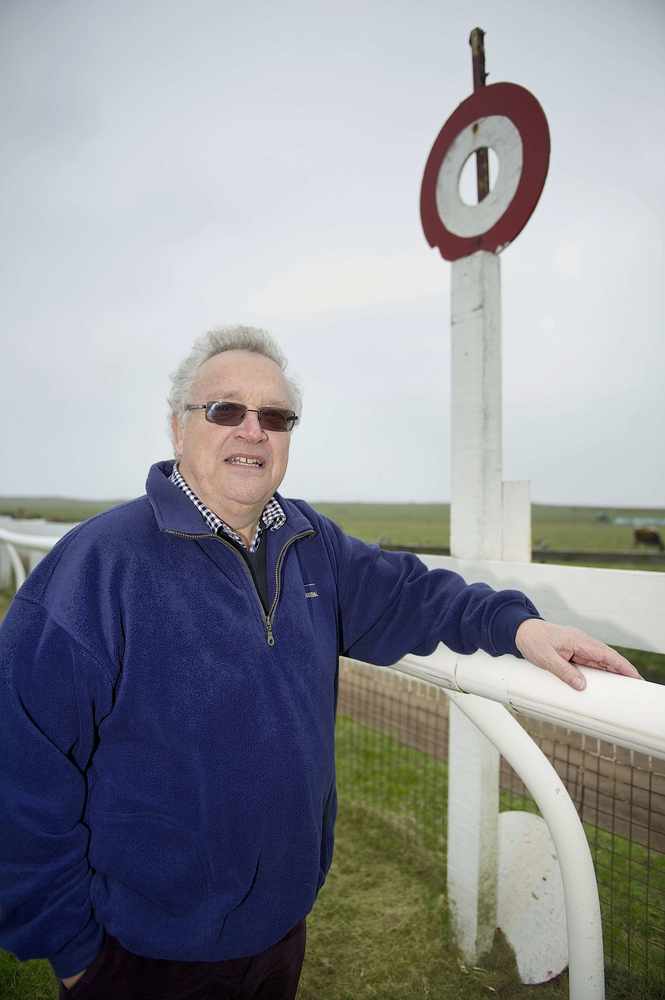
‘So we started up a billion-dollar company in 2002 and it’s still going. I was CEO of the company and, after a short period, CEO and chairman. We went public and sold the company on the New York Stock Exchange in 2002.
‘I retired three years ago, but am still non-executive chairman of the company, so we go to Bermuda four times a year.
‘We contacted Jersey in about 2008 and applied for 1(1)k status and that was all passed through. We looked at a number of houses in the Island and the first time we saw this house we thought yes, this looks good.
‘We’ve been here for seven years. It’s a very civilised place.
‘I get my exercise by walking on St Catherine’s Breakwater and around the Queen’s Valley reservoir.
‘I’m also a member of the Jersey Rugby Football Club. You meet a great cross section of the Island there. I have funds to invest so I’ve met quite a lot of the banking fraternity here.
Mr Taylor is also kept busy in his new role as president of the Jersey Race Club. He has shares in 14 horses, including two at Les Landes.
Describing his early career he explained that his path could have been different had he passed A-level geography.
‘I was going to go to university,’ Mr Taylor said. ‘I had to get three A-levels. I was going to take a geography degree, but failed my geography A-level.
‘My parents couldn’t afford for me to stay for another year at Sutton Grammar School. But my brother was working in insurance and I got an interview for an insurance company and off I went.
‘Initially I was with a company called Cornhill that was near the Bank of England. The office was geriatric to say the least. Then I went to a couple of other insurance companies before I was offered a job with Lloyd’s, which was a different ball game.
‘I became the underwriter and then an investor at Lloyd’s and it just grew from there really. We made good results when other syndicates were pretty disastrous.’
Mr Taylor’s success follows a lifetime of hard work. But, he explained, there appeared to be a different attitude towards success in Britain compared with other places.
He said: ‘Working in Bermuda I had a board of directors and non-executive directors who, all bar one, were Americans. These were wealthy, bright and successful business people. Their attitude was if you make money for the company you make money for yourself and there’s absolutely nothing wrong with that.
‘I think that during the times of Thatcher she was much more of the attitude that if you’re successful and did well then you were entitled to be proud of yourself. But the pendulum always swings and it certainly swung back.’
Jersey Hospice Care
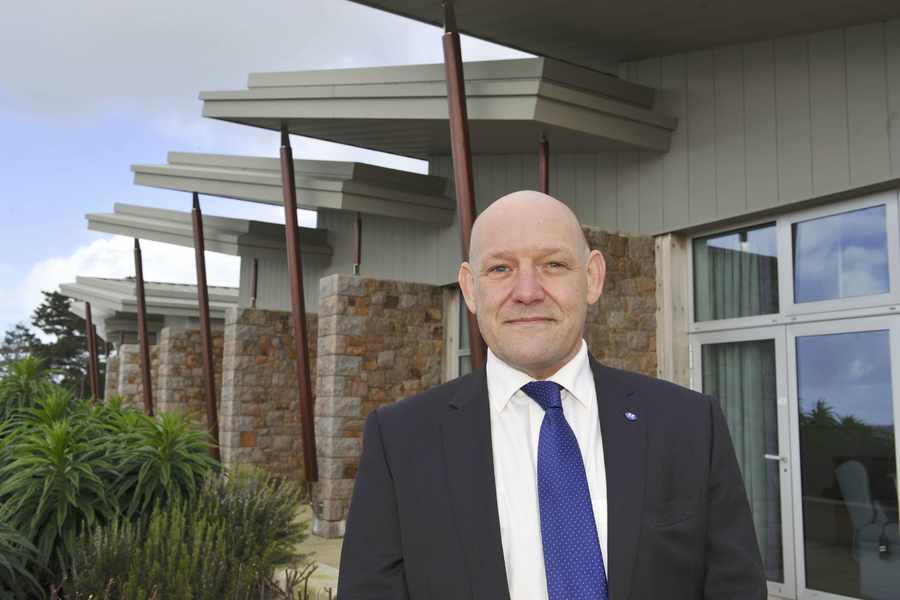
LIKE many charities, Jersey Hospice Care relies largely on the donations of generous Islanders.
Now the organisation has announced that it hopes to work more closely with Jersey’s high-value residents.
Jersey Hospice Care chief executive Derek Hoddinott said: ‘We get about £4 million per year through a variety of sources, but would like to increase the extent to which we work with high-net-worth individuals and corporate groups as well.
‘We do get some donations from high-value residents. Any charity wanting to work with high-value residents knows that some people will always want to remain totally anonymous.
‘With corporate sponsors it’s very different and most want a public relationship so we look at how we can create value for those who support us.
‘It costs around £13,000 per day to run Jersey Hospice and we’ve significantly extended our facilities over the course of the last few years.
‘We’ve undertaken a £15 million redevelopment programme and got state-of-the-art facilities and extended the range of services we provide. We’ve also introduced a community palliative care service, which allows people to be cared for in their own homes.
The National Trust
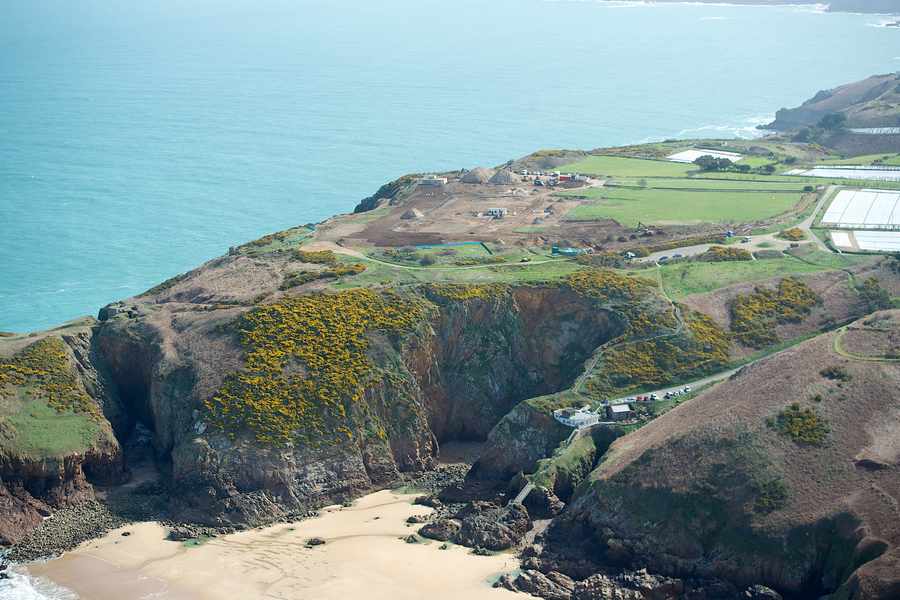
WITHOUT money and bequests from Islanders, including donations from high-value residents, the National Trust for Jersey says it would not have been able to save its 16 New Street building or restore Plémont’s headland to nature.
Chief executive Charles Alluto added: ‘The Trust receives support across a wide sector of the Island community, with Plémont being a case in point, where some donations were kindly received from high-value residents, as well as many other Islanders. In addition some “second generation” high-value residents, who have lived all their lives in Jersey, have generously supported the work of the Trust too.
‘We do not specifically target high-value residents, although Locate Jersey kindly provides new residents with information about the work of the National Trust.
‘It costs £2,500 per day to cover our normal running costs. Additional expenditure will be incurred for specific projects.
‘Mrs Mollie Houston, who was not a high-value resident but came to the Island with her husband soon after the war, recently bequeathed £1.6 million to the Trust, enabling us to secure the future of 16 New Street.’
Businesses
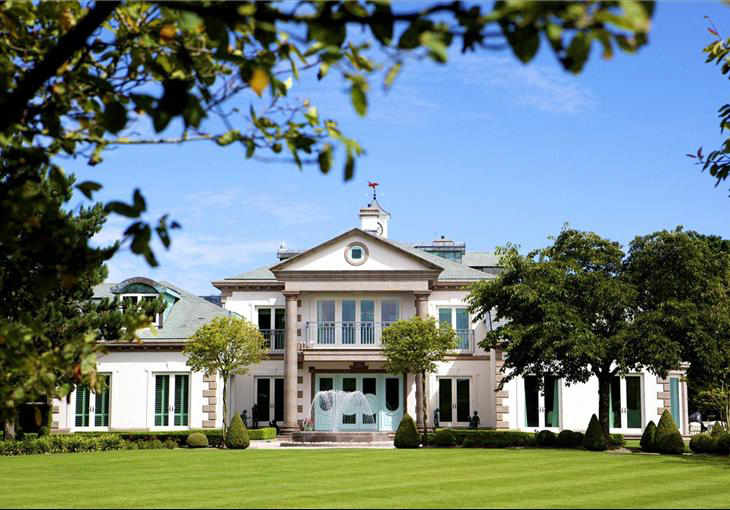
IT IS not just charities that stand to gain from the arrival of high-value residents, businesses profit as well.
And as they tend to have more resources to alter or redesign their homes, high-value residents often use local architects to carry out their plans.
Former president of the Association of Jersey Architects Carlo Riva said that high-value residents helped to cushion the tougher times faced by Jersey practices during the recession.
‘If it weren’t for these émigrés, the industry would have certainly felt the effects of the recession far more than it did,’ he said.
‘They took the sting out of it and that was very welcome at the time.
‘In spite of all the political ramifications, high-value residents do create work for the construction industry.
‘The other thing is, and whether this follows former Environment Minister Freddie Cohen’s time remains to be seen, there is a new generation of high-quality properties springing up around the Island.
‘The tendency now is for smaller plots around coastal areas. The idea of the traditional big country house is not in favour as much as it used to be. There are some of these types of houses being built or being given a new lease of life. However, the focus seems to be on coastal properties which benefit from what must be perceived to be one of Jersey’s biggest assets – its coastal views.
‘The areas that are attracting attention at the moment are St Brelade’s Bay, both at the lower and higher levels, and Gorey – there are a lot of new properties going up there.’



